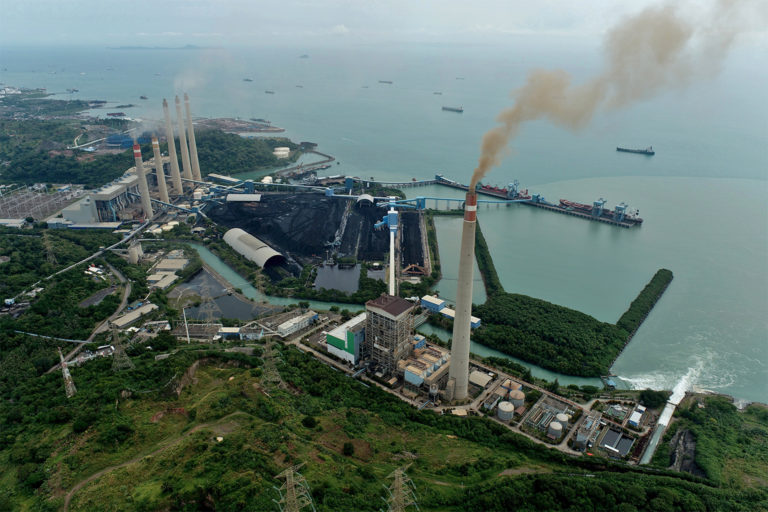Indonesia, a nation facing the challenges of rapid industrial growth and energy demands, has unveiled an ambitious plan to curtail its carbon emissions in the on-grid power sector and significantly increase the share of renewable energy generation by 2030. This strategic initiative is part of the Just Energy Transition Partnership (JETP), which is designed to support developing countries in their transition towards cleaner energy sources in the power sector. The plan, published on Wednesday, outlines Indonesia’s commitment to reducing carbon emissions to 250 million tonnes and achieving a renewable energy share of 44% within the next decade.
JETP is a pioneering financing scheme involving equity investments, grants, and concessionary loans. This initiative is backed by Group of Seven (G7) member countries, multilateral banks, and private lenders, collectively providing vital financial support to aid Indonesia in achieving its energy transition goals.
Indonesia’s Comprehensive Investment and Policy Plan (CIPP) for the JETP has been made available to the public, offering a clear roadmap for securing a substantial $20 billion in funding under this initiative.
Initially, Indonesia, in conjunction with a coalition of investors led by the United States and Japan, had set the target of limiting emissions from the power sector to 290 million tonnes by 2030. Additionally, they aimed to enhance the share of renewable power generation to 34%. However, the intricacies of the off-grid power system were not fully defined during those earlier discussions.
Indonesia currently operates 13.74 GW of captive coal power stations, with plans for an additional 20.48 GW in the pipeline. This surge can be attributed to the substantial expansion of the metal processing sector, as indicated in a July report commissioned by the Asian Development Bank.
CIPP encompasses over 400 priority projects, collectively necessitating a minimum investment of $67.4 billion. These projects encompass a wide range of sectors, from infrastructure development to renewable energy installations.
Notably, the plan also includes provisions for the early retirement of 1.7 GW of coal power capacity by 2040, underlining Indonesia’s commitment to phasing out high-emission energy sources in favor of cleaner alternatives.
(Sources- Reuters)














